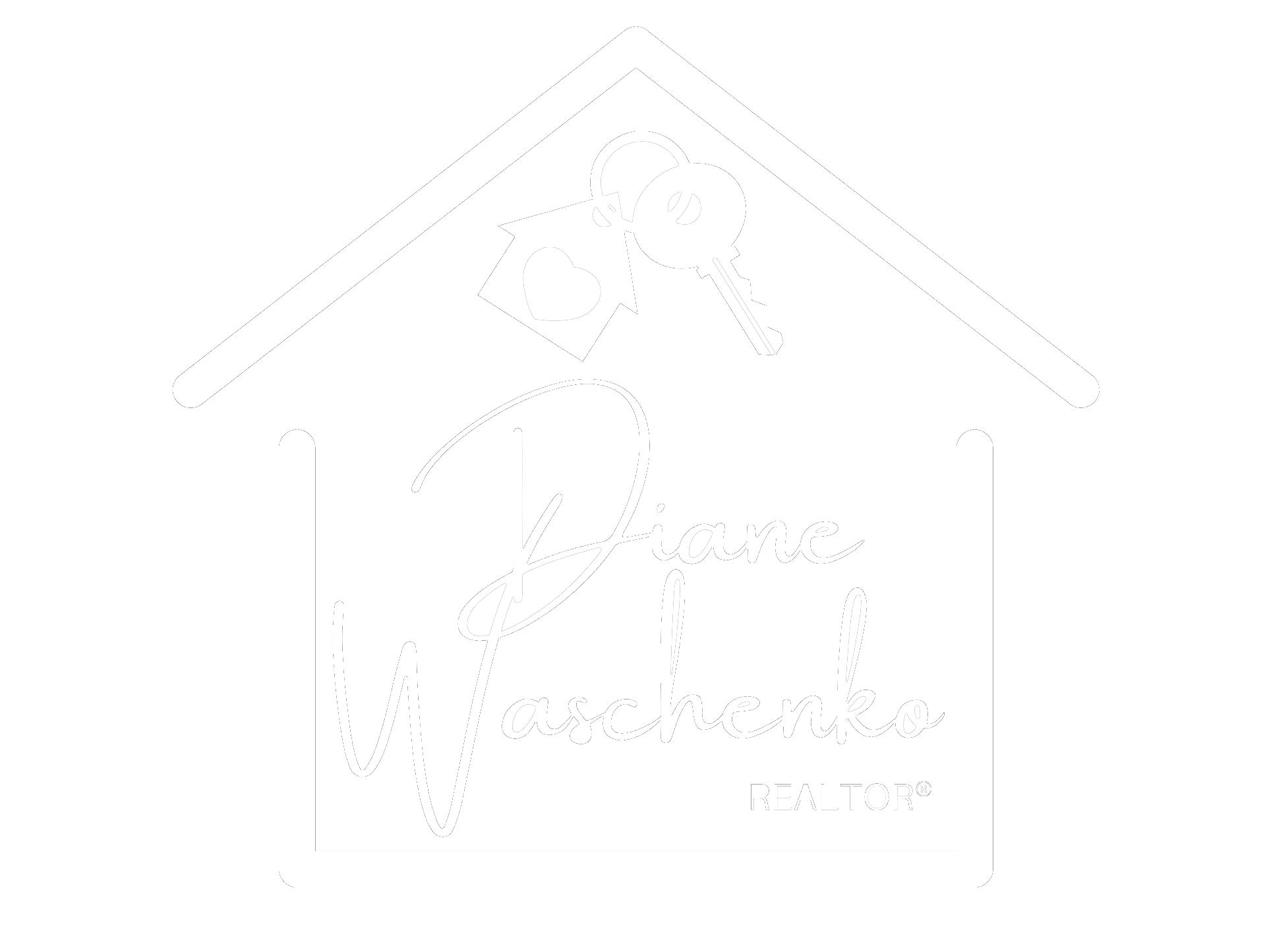Buying a home is one of the most significant decisions you’ll make in your life. It’s not just about finding a place to live; it’s about investing in a future, creating a space where you and your family can thrive, and ensuring that you make a sound financial decision. Here are some key factors to consider when buying a home:
Location, Location, Location
The location of your home is crucial. It affects everything from your daily commute to the quality of the schools your children will attend. Consider the neighborhood’s safety, the proximity to work, schools, shopping, and entertainment options. Also, think about the future development of the area. A home in a growing neighborhood can increase in value over time.
Budget and Financing
Before you start house hunting, it’s essential to determine your budget. This includes not only the purchase price but also additional costs such as closing fees, property taxes, homeowners insurance, and maintenance expenses. Getting pre-approved for a mortgage will give you a clear idea of how much you can afford and will make you a more attractive buyer to sellers.
Home Size and Layout
Think about your current and future needs. How many bedrooms and bathrooms do you need? Do you require a home office, a spacious kitchen, or a backyard for your pets? Consider the layout of the home and how it fits your lifestyle. An open floor plan might be perfect for entertaining, while a more segmented layout could offer more privacy.
Condition of the Property
Pay attention to the condition of the home. Are there any signs of structural issues, water damage, or outdated electrical and plumbing systems? Hiring a professional home inspector is a wise move. They can identify potential problems that might not be visible to the untrained eye, which could save you from costly repairs down the line.
Resale Value
While you may plan to stay in your new home for many years, it’s still important to consider its resale value. Look for features that are generally attractive to buyers, such as a good location, a functional layout, and modern amenities. Avoid homes with unique or overly personalized features that might limit their appeal to future buyers.
Energy Efficiency
Energy-efficient homes can save you a significant amount of money on utility bills. Look for homes with updated insulation, energy-efficient windows, and ENERGY STAR-rated appliances. Solar panels can also be a great investment, providing long-term savings and adding to the home’s value.
Homeowner’s Association (HOA) Rules
If you’re considering a property within a community that has a Homeowner’s Association (HOA), it’s important to understand the rules and fees associated with it. HOAs can provide great benefits like maintenance of common areas and amenities, but they also come with regulations and additional costs that could impact your decision.
Future Growth
Consider the potential for growth in the area. Are there plans for new schools, parks, or commercial developments? Areas that are poised for growth can see significant increases in property values over time. However, be cautious of areas where overdevelopment might lead to congestion and noise.
Personal Preferences
While practical considerations are important, don’t forget about your personal preferences. Think about what makes you feel at home. Do you prefer a bustling urban environment or a quiet suburban neighborhood? Would you rather have a modern, sleek home or a charming, historic property? Your home should be a place where you feel comfortable and happy.
Legal Aspects
Ensure that the property has a clear title and that there are no legal disputes or encumbrances. A real estate attorney can help you navigate the legal aspects of the home buying process, ensuring that all paperwork is in order and that you are fully protected.
Market Conditions
Stay informed about the current real estate market conditions. Are you in a buyer’s market where there are more homes for sale than buyers, giving you more negotiating power? Or is it a seller’s market where homes sell quickly and for higher prices? Understanding the market can help you make a more strategic offer.
Future Maintenance Costs
Consider the potential maintenance costs associated with the home. Older homes might have more charm but could also come with higher upkeep costs. Newer homes or those that have been recently renovated might require less immediate maintenance, but it’s always wise to set aside a budget for future repairs.
Buying a home is a complex process that requires careful consideration of many factors. By taking the time to evaluate your needs, budget, and the property itself, you can make an informed decision that will provide you with a comfortable and satisfying living environment for years to come.
When you’re ready to look for homes in the Navarre, Florida area, and want a hassle-free, fun experience, contact Diane Waschenko.
